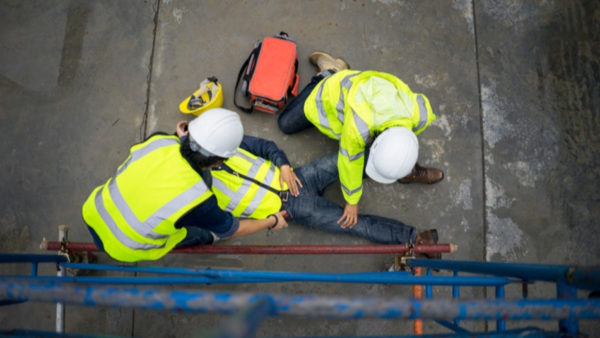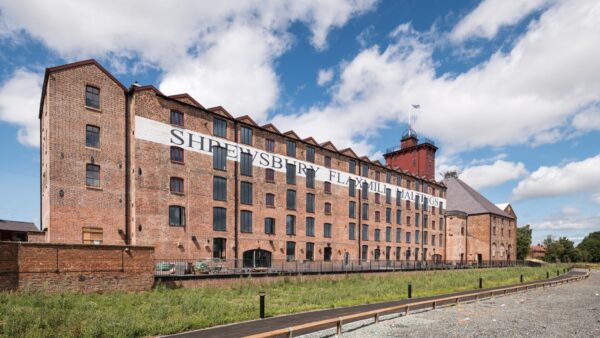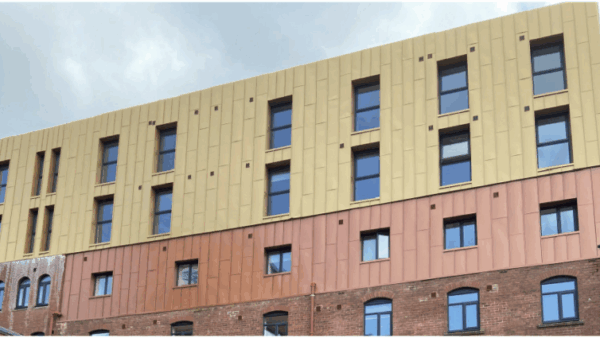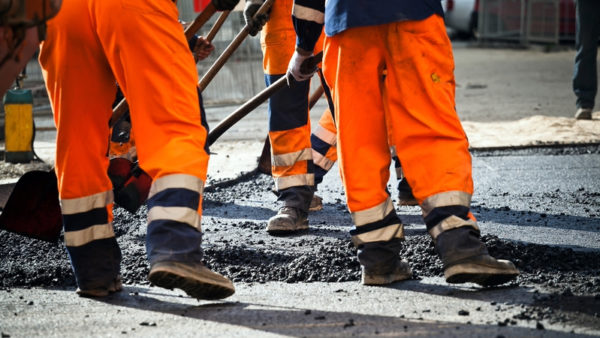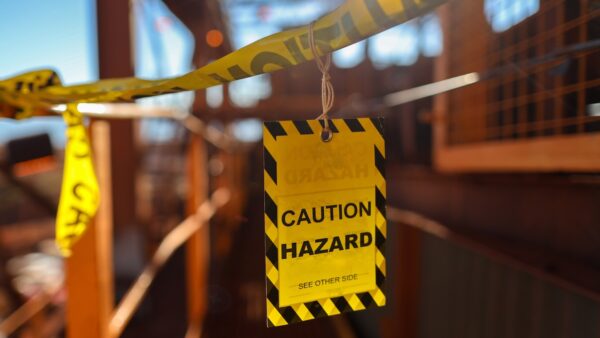
The UK construction industry is significantly off track from the path required to meet the country’s net-zero objectives, a new report by the UK Green Building Council says.
It also highlights “a critical and substantial gap” in government policies “that could make or break the built environment’s efforts to meet the required decarbonisation pace and scale”.
The analysis found that between 2018 and 2022, carbon emissions from the UK built environment fell by 13% – six percentage points less than the 19% required to meet the UK’s net-zero commitments.
In real terms, the shortfall represents 11MtCO2e of carbon emissions, equivalent to the annual polluting output of 6.5 million cars.
The built environment is the largest source of climate emissions in the UK economy after surface transport.
‘Our industry is not moving fast enough’
The UKGBC said the lack of progress will require key built environment sectors to decarbonise nearly twice as fast over the next two years to get back on track for the 2050 net-zero target – the year the UK is legally required to have reduced its greenhouse gas emissions by 100% from 1990 levels.
The report is the first progress update on the UKGBC’s Net Zero Whole Life Carbon Roadmap, published at COP26 in Glasgow. The roadmap set industry-wide actions for achieving net-zero carbon in the construction, operation, and demolition of buildings and infrastructure in the UK by 2050.
UKGBC’s chief executive, Smith Mordak, said: “Unprecedented global events have shaped the story of the built environment over the last four years, but despite forced emissions reductions during the pandemic, this progress report makes one thing clear: our industry is not moving fast enough.”
Emissions at all-time high
Another report by Arup and the World Business Council for Sustainable Development warns that urgent action is needed to reach UN goals on building emissions, with CO2 emitted from buildings in operation at an all-time high.
The UN 2030 built environment target requires that all new and refurbished buildings completed from 2030 should be net-zero carbon in operation.
To correct this issue, WBCSD and Arup are calling for an internationally agreed definition for net-zero buildings to help stimulate more robust national and local government policies and industry standards. They also call for a greater distinction between net-zero-enabled buildings and buildings that are verifiably net zero operationally.
Roland Hunziker, director for built environment at the WBCSD, said: “The buildings sector is critical to achieving the energy transition, as it consumes more than half of the world’s electricity. Reducing energy consumption and switching to renewable energy are two sides of the same coin to achieve net zero operational buildings at scale in line with available capacity.”



